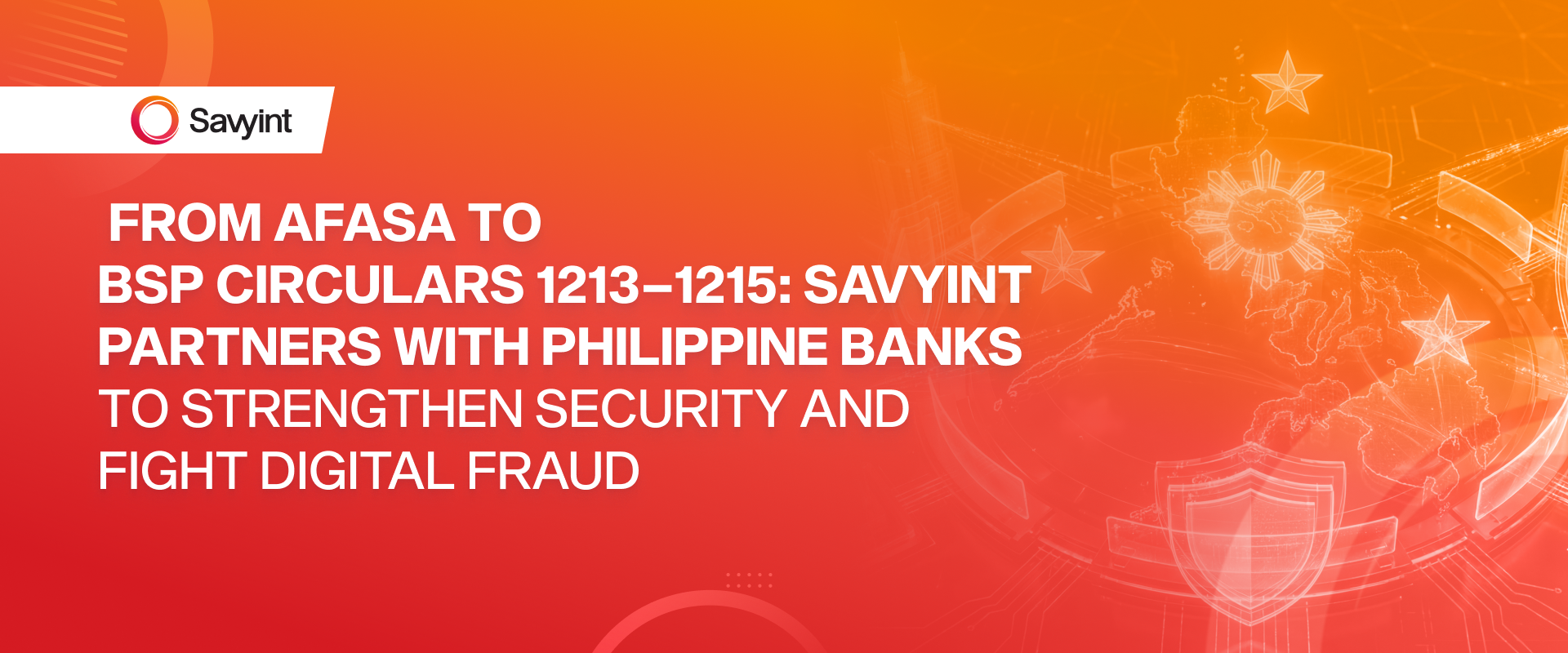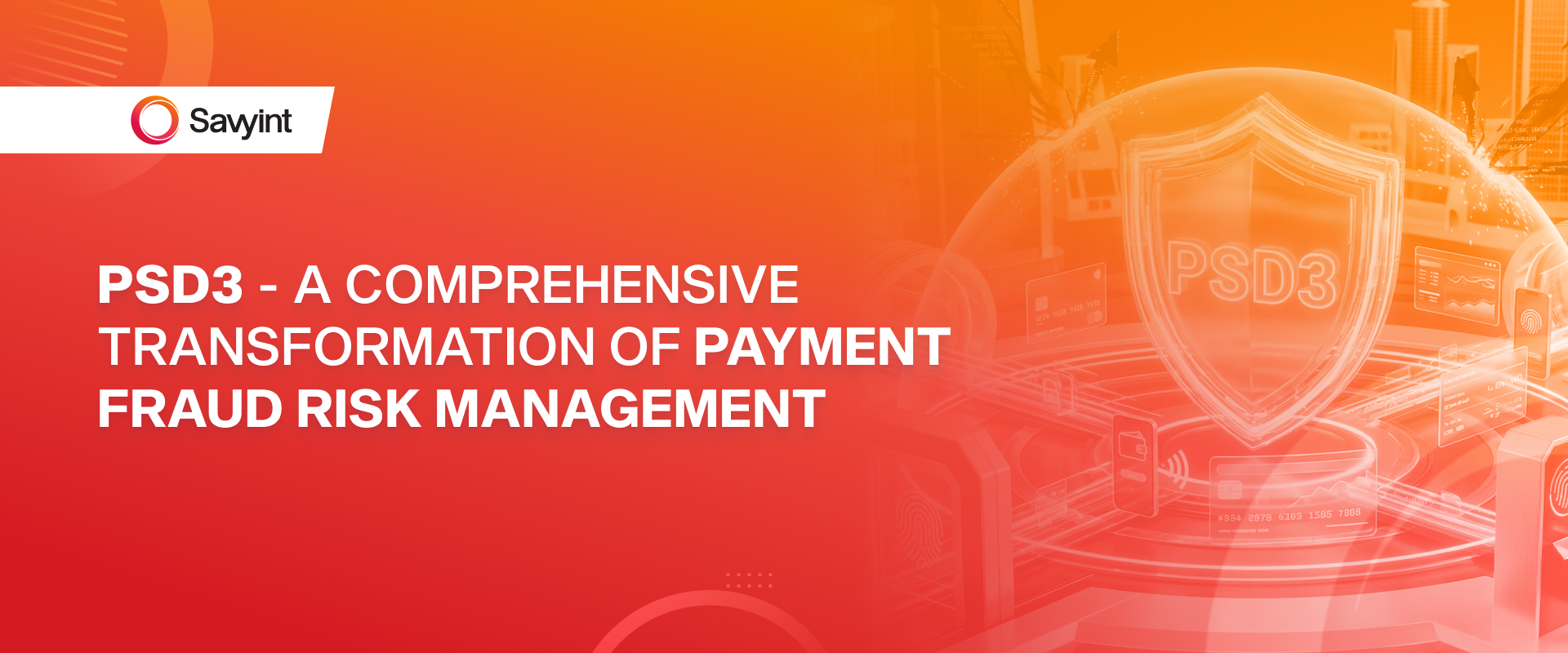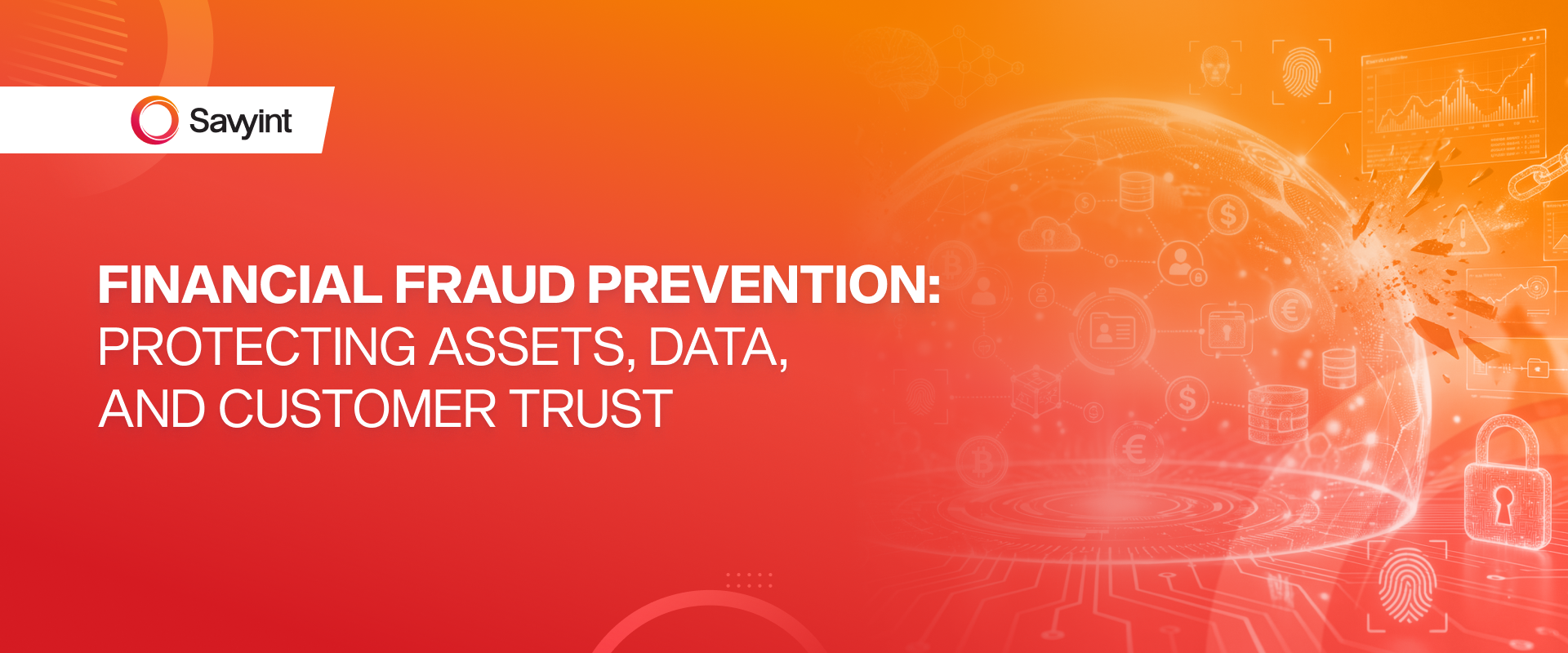With QTSP certification for remote signing models, HSM digital signatures, and electronic authentication services provided by a QTSP in Vietnam, digital signatures and electronic certificates will be widely recognized in all 27 EU countries. This will bring a great advantage to domestic organizations and businesses, especially in the finance and banking sector.
QTSP and the challenge of secure electronic authentication in transactions
One of the most difficult challenges in the digital finance and economy is the process of secure electronic identification and authentication in transactions. Previously, banks operated their own specialized CA systems for parties to register for services. However, this system quickly became overloaded when third parties or multiple financial institutions registered and authenticated each other, leading to an increasingly complex and difficult-to-control identity database, not ensuring interoperability according to an international standard for system security operations. This issue contradicts the purpose of expanding the digital finance ecosystem of the Payment Services Directive 2 (PSD2) and, more recently, the Open Banking strategy of countries worldwide, hindering the development of the financial market in particular and the digital transformation of the economy and society in general.
To solve this difficulty for banks and financial institutions, the Common Technical Standards (RTS) for the Payment Services Directive 2 (PSD2) issued by the European Banking Authority (EBA) has accepted the use of qualified electronic signatures (QES) and qualified electronic seals (QSeal) issued by a Qualified Trust Service Provider (QTSP) for the identification and authentication process under the Open Banking model. This opens up a trusted, legal, and widely recognized authentication method for banks and financial institutions participating in the global digital economy.

The eIDAS regulation applies QTSP certification as the highest standard of security, reliability, and confidentiality in electronic transactions. Currently, only QES qualified electronic signatures for individuals and QSeal qualified electronic seals for organizations provided by a Qualified Trust Service Provider (QTSP) are recognized throughout the EU with the same legal effect as handwritten signatures or seals without the need for any other assessment or explanation procedures.
Without using the electronic identification and authentication services of a QTSP, organizations participating in the digital financial market cannot perform electronic authentication processes with regulatory authorities. Failure to comply with the QTSP’s assured identification and authentication service standards will lead to numerous potential risks for organizations participating in the digital finance and economy:
- Payment service providers will not be widely recognized worldwide for the legal validity of electronic evidence and documents and will be forced to prepare legal documents for explanation.
- Parties participating in transactions in the digital financial environment do not meet the security requirements for strong authentication under PSD2, leading to the possibility of having their operating licenses revoked in the international Open Banking environment. Financial institutions and banks risk being rejected for the technology applied or legal basis when connecting to the world market, unable to participate in the payment network and share common information according to PSD2/Open Banking.
- Inconsistent digital certificate architecture; digital signatures that do not have the same format lead to increased time and costs for processing and verifying electronic documents, especially financial documents that need to be stored for at least 10 years or permanently.
In addition, the financial market is one of the most sensitive markets to constant security risks and the risk of document forgery. Along with the Payment Services Directive 2 (PSD2), the Open Banking strategy in Europe also allows the trusted services of QTSPs to be the only method to ensure trust between payment service providers, customers, and financial institutions.
Competitive advantages of Vietnamese financial institutions and banks from QTSP and remote signing models
In July 2021, SAVYINT officially became the first trusted QTSP service provider for digital signatures, electronic seals, remote signing models, and HSM digital signatures in Vietnam, in accordance with EU eIDAS regulations. This means that all 27 European countries fully recognize the digital signature and electronic seal services provided by SAVYINT under the remote signing model. Operating under the SCAL2 security authentication mechanism, the system ensures that only the signer has the right to activate the signing key stored securely on the HSM encryption device, uniquely controlling the signing key, and fully complying with the requirements for the SAM module with CC EAL4+ certification with EN 419 241-2.
This will open up opportunities for Vietnamese organizations and businesses to conquer the European market, promote the development of cross-border electronic transactions and e-commerce, and enter the common playground of Vietnam with EU partners in the context of the Vietnam-EU Comprehensive Partnership Agreement and the EVFTA.

For providers of electronic payment and transaction services such as financial institutions and banks, having a QTSP in Vietnam will help solve a major bottleneck in the digital finance ecosystem, digital banking, and open banking, aiming to expand the market and integrate into the international arena. This is the unification and interconnection in the process of secure electronic identification and authentication, creating a synchronized electronic transaction market according to a common technical standard, reducing congestion and transaction interruptions due to rejections by the parties involved.
- Electronic documents and certificates are widely accepted in the market, without the need for complex explanations.
- It is easy to connect to the global digital economy and participate in global payment and information sharing networks.
- It brings consistency in the structure and format of digital certificates, digital signatures, and digital signatures, allowing documents to be readily archived for a long time or permanently without the need for processing, re-signing, or worrying about rejected digital technology over time.
Quick application and full utilization of the advantages of electronic authentication and digital signature services from a trusted QTSP service provider will help financial institutions and banks modernize and comprehensively digitize electronic transactions, promote e-commerce, build digital banking and open banking systems, and aim to attract more new customers, new markets, and increase revenue and profits.
Connect with SAVYINT now to get advice on specialized solutions for developing Digital Banking and Open Banking!







